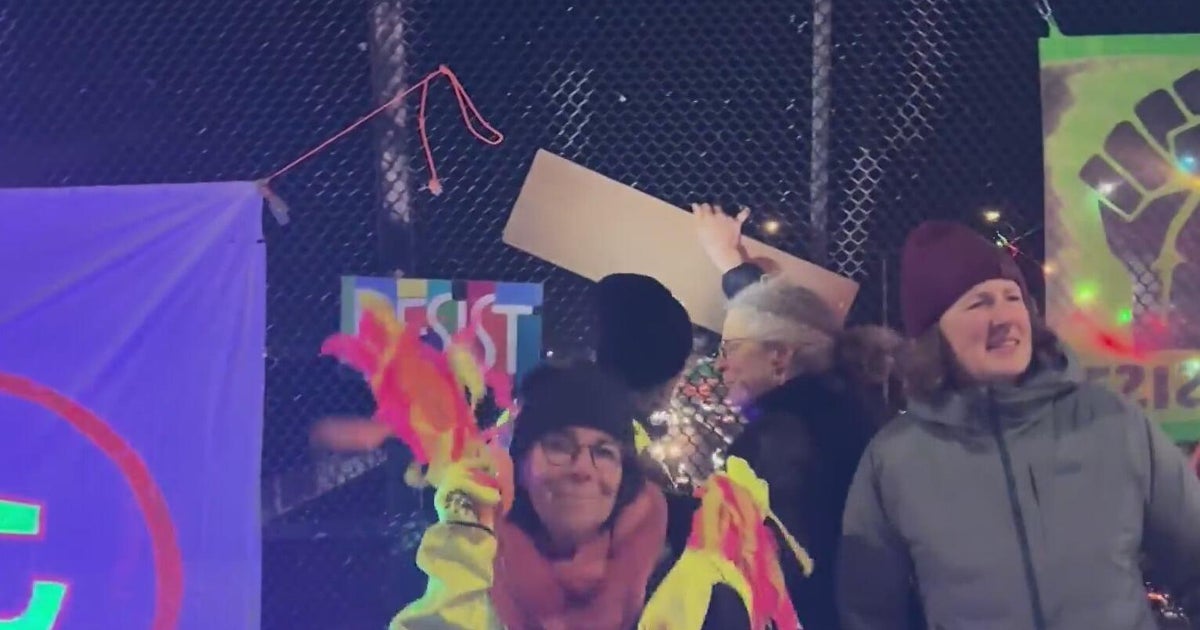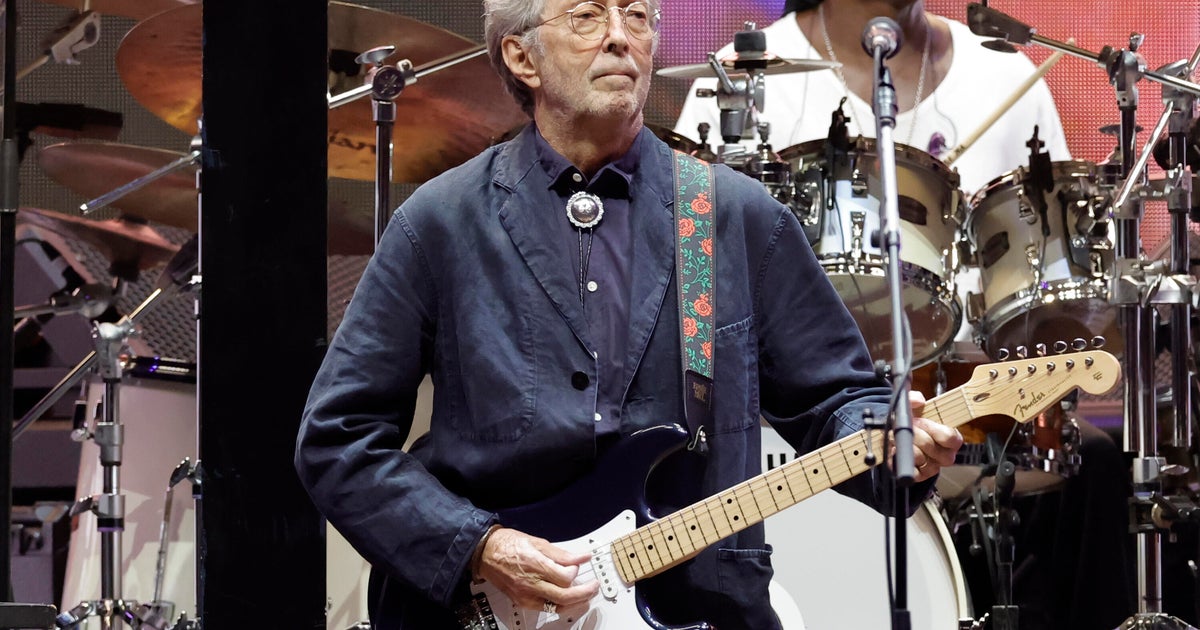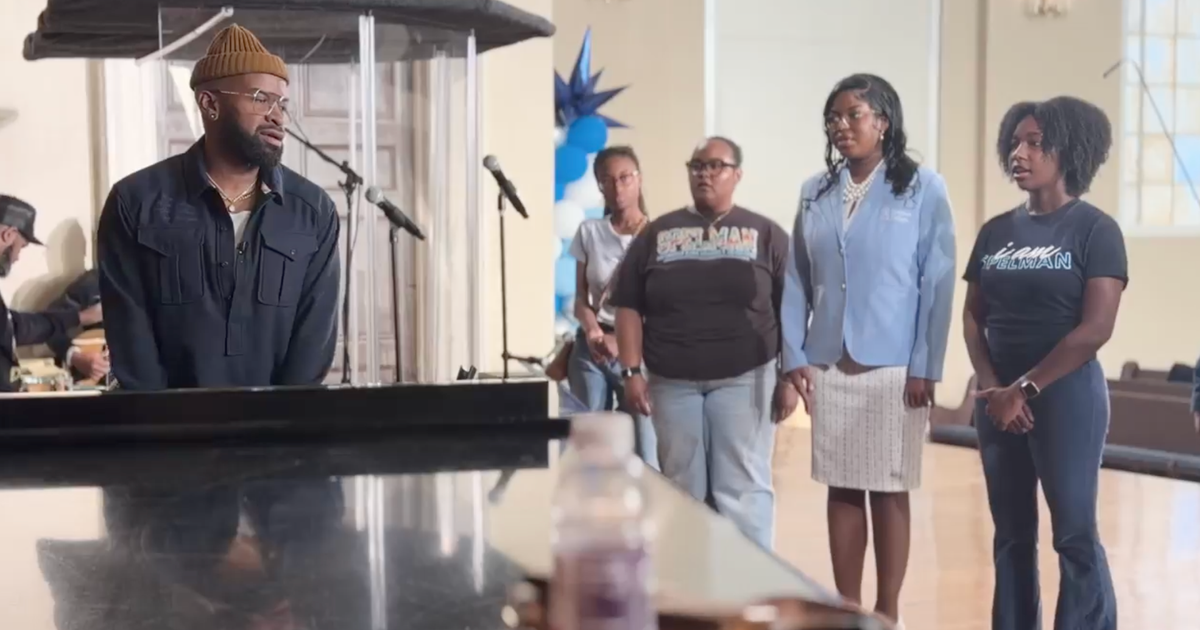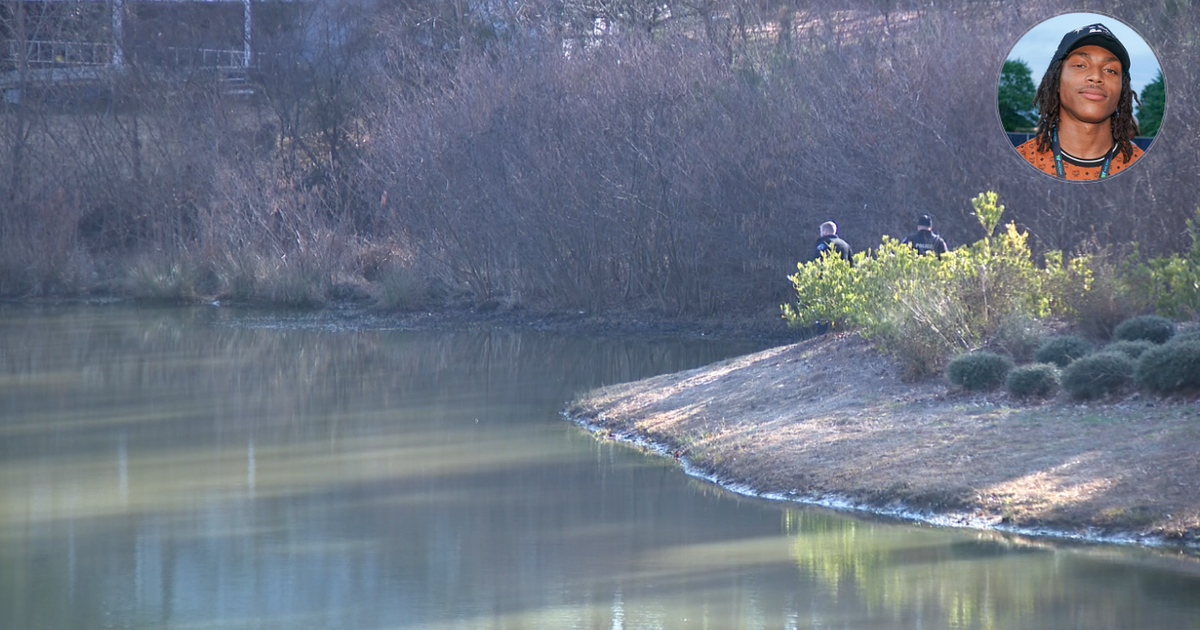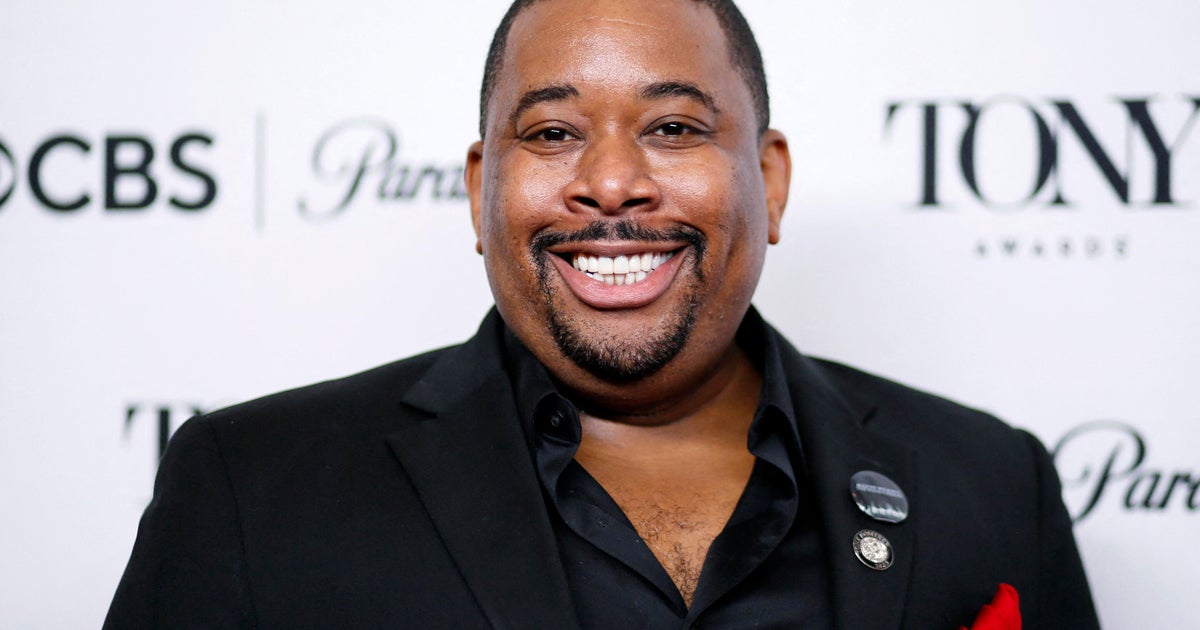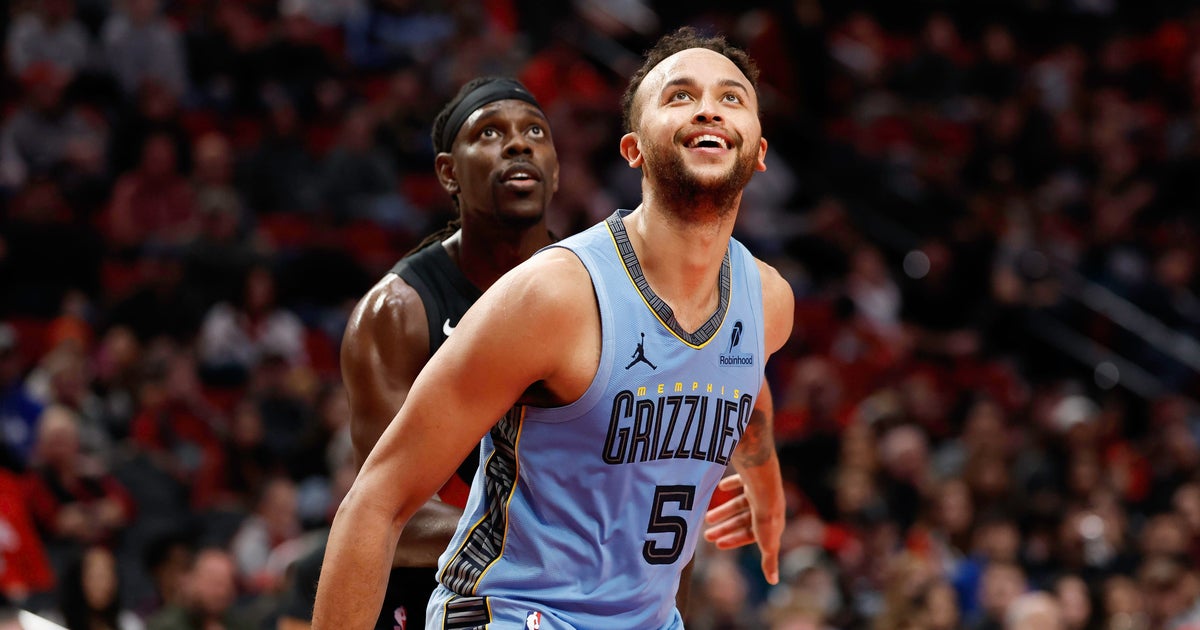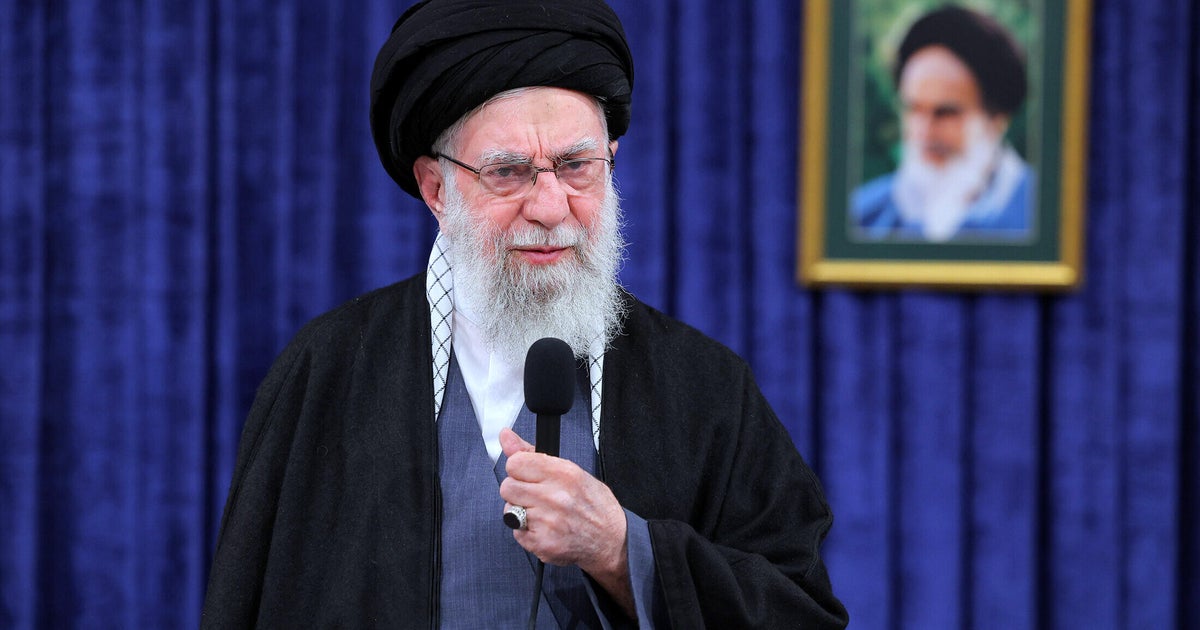Brilliant Brazilian musician Hermeto Pascoal brings rare tour to UC Theatre
BERKELEY -- The brainchild of noted hip-hop and soul producers Ali Shaheed Muhammad and Adrian Younge, Jazz Is Dead presents a rare performance of otherworldly Brazilian genius Hermeto Pascoal at the UC Theatre Sunday night.
While they both had long successful careers prior to collaborating -- Muhammad as a member of iconic hip-hop act A Tribe Called Quest and super group Lucy Pearl, and multi-instrumentalist Younge for his production skills and film work -- the pair began a fruitful partnership that has included acclaimed soundtrack work for the Netflix show Luke Cage and recordings with their group the Midnight Hour for Younge's Linear Labs imprint. More recently, the pair launched its ambitious Jazz Is Dead project.
Initially focusing on live concerts with such heavily-sampled luminaries as Roy Ayers and Lonnie Liston Smith, Jazz Is Dead has also brought some of those '70s jazz influences and inspirations into the studio to record full albums, including such giants as Black Jazz recording artists Doug and Jean Carn, saxophonist Gary Bartz, longtime Gil Scott-Heron collaborator Brian Jackson and Brazilian masters Azymuth, Marco Valle and João Donato as well as like-minded younger musicians like Los Angeles group Katalyst.
In addition to the collective's popular ongoing concert series in Los Angeles, last summer they launched "Jazz Is Dead: The Tour" which played dates across the country with '70s jazz greats Jackson, Carn and Henry Franklin. However, unlike the collaborative nature of those tours teaming seasoned jazz legends with a house ensemble, the current Jazz Is Dead tour spotlighting the talents of albino Brazilian maestro Hermeto Pascoal will feature the gifted multi-instrumentalist playing with his current backing band.
Raised in a remote area of northeastern Brazil where electricity was uncommon when he was born in 1936, Pascoal learned to play the accordion from his father and practiced the instrument obsessively as a child, developing into something of a prodigy. Playing music throughout his teens, his professional career didn't begin to flourish until his early recordings playing piano with fellow mavericks like singer, guitarist and songwriter Edu Lobo and vocalist Elis Regina as well as the group Conjunto Som 4 and bands with drummer/percussionist Airto Moriera paved a new path for post-bossa nova jazz in Brazil that heavily influenced the music of the era.
He would continue to play with Airto in Trio Novo, which later expanded to Quarteto Novo and introduced a modern take on the northwestern Brazilian style of Baião to the nation. Pascoal had already learned to play the flute and expanded his musical vocabulary while developing a gift for composition, arranging and intricate orchestrations on those albums and the cult favorite one-off album Brazilian Octopus in1969 by the band of the same name.
Moriera would remain a key figure in Pascoal's career, introducing the musician to Miles Davis when he was playing percussion in the trumpet player's late '60s and early '70s sextet, which led to Davis inviting Pascoal to contribute drums, keyboards and three songs on his remarkable Live-Evil album. Moriera and his wife, vocalist Flora Purim, would produce and play on Pascoal's 1971 solo debut -- the big-band bossa nova fusion opus Hermeto. The musician's otherworldly arrangements, growing expertise with a wider array of instruments including saxophones, horns, guitar and his voice and incorporation of such unorthodox items as teapots, children's toys and animals (he has added recordings of frogs croaking and dogs barking to songs) earned Pascoal the nickname o Bruxo or "the Sorcerer."
Pascoal had a number of albums released on U.S. labels Atlantic and Warner Bros. later in the '70s -- his esoteric experimental trio of records Slaves Mass (an ambitious all-star project that featured bassists Ron Carter and Alphonso Johnson), Zabumbê-bum-á and Cérebro Magnético were hailed by some as masterworks -- he never found a wide audience Stateside. In the decades that followed, Pascoal would focus his creative efforts in his native Brazil with a steady stream of albums as a leader -- his septet founded in 1981 became a hugely popular jazz ensemble -- as well as collaborative recordings that solidified his reputation as idiosyncratic genius.
While a more recent resurgence in interest surrounding Pascoal has centered around reissues of his classic back catalog including a lost session from 1976 that finally saw release in 2017 through London-based Far Out Recordings, the artist has maintained a steady pace of new albums like the double album No Mundo Dos Sons that came out that same year. For this rare visit to the Bay Area at the UC Theatre Sunday night, Pascoal will be joined by his current group after an opening set by local heroes the Jazz Mafia.
Jazz Is Dead: Hermeto Pascoal
Sunday, June 4, 7 p.m. $35
UC Theatre
